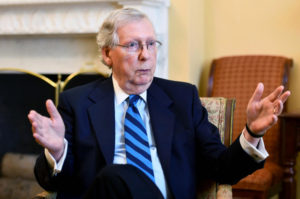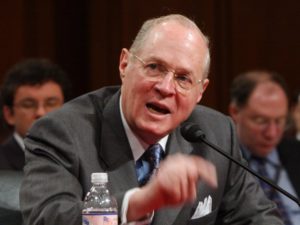Mitt Romney doesn’t likely give a rip what a blogger in Texas thinks about his pending new role as a U.S. senator.
He should. He is going to be elected to the Senate from Utah, one of the nation’s most Republican of states. He wiped out his GOP primary foe Tuesday night and will campaign this fall for a seat in the Senate, where he will vote on laws that affect all Americans, including this blogger from Texas.
I have only a single wish for Sen.-to-be Romney. It is that he stays true to his belief that Donald John Trump is a “phony” and a “fraud.” And that he holds the president accountable for the lies he keeps blurting. And … that he makes sure that he won’t roll over for the president because of some fear of political retribution.
Mitt didn’t get my vote for president in 2012 when he ran against Barack H. Obama. That doesn’t mean I dishonor him. He had an uphill climb against an incumbent president and he lost the popular vote by roughly 5 million ballots and the Electoral College vote 332-206.
However, Romney was spot on in his critique of Trump during the 2016 election. He told the truth about the GOP nominee.
I know he’s a good party man. I also know that as a newly minted resident of Utah, he has to be sure to protect his new constituents’ interests. Nothing he says about the president should endanger any federal program that benefits Utahns.
But I do not want him to play dead in front of a president who — in my mind — is exactly how Mitt Romney has described him … as a “phony” and a “fraud.”





